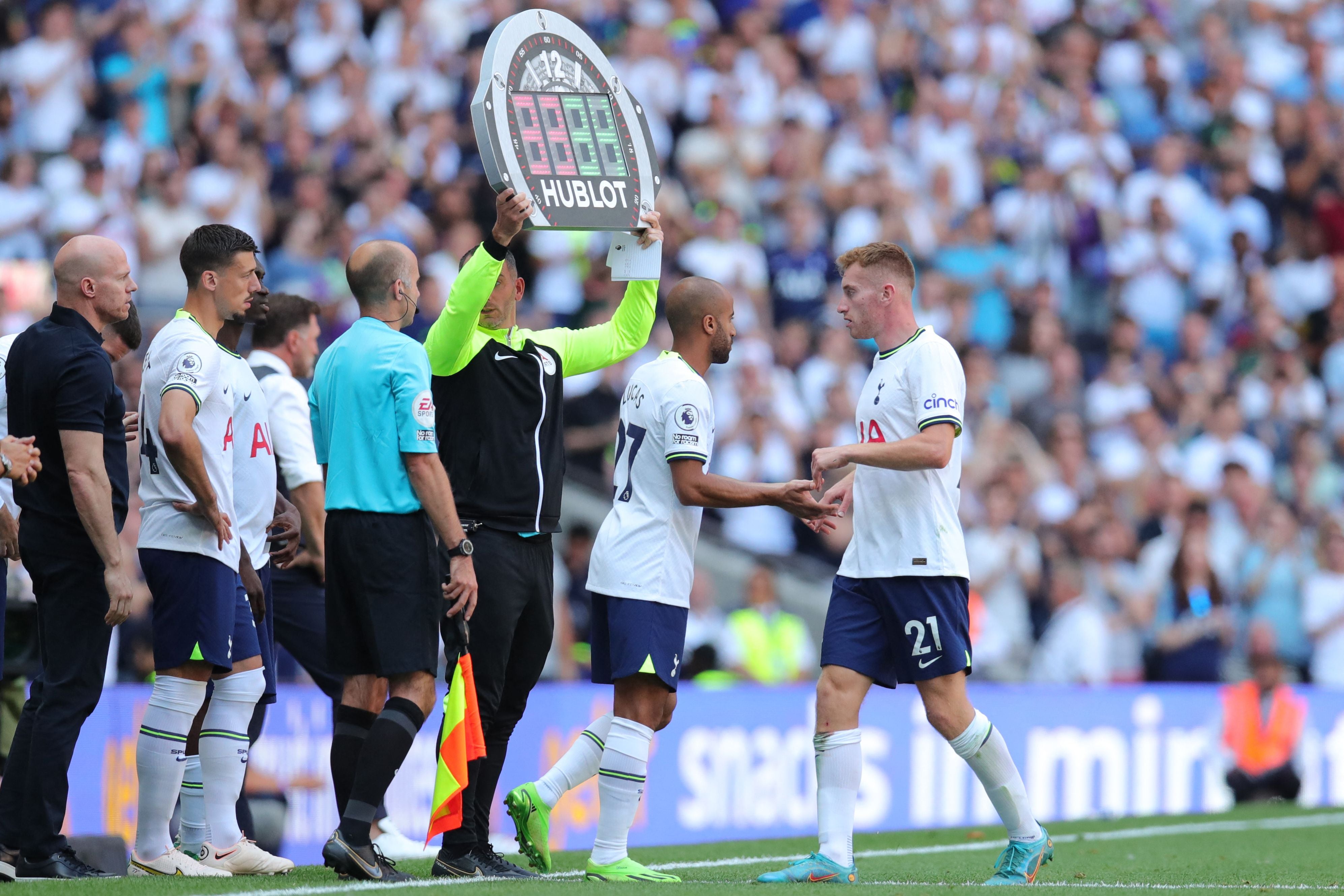How many subs are allowed in the Premier League? New 2022-23 substitution rules explained
From the start of the 2022/23 season there are now five substitutes allowed per team in the Premier League

The Premier League is back for the 2022/23 season and while the football is much the same, there are some tweaks to the rules and guidelines.
One piece of officiating which frustrated fans, players and managers alike last season was the delaying of the assistant’s raised flag for offsides to let play continue, just in case there was a goal scored and the decision needed to be reviewed. Now the assistant referees are being urged to raise their flag, only delaying if the call is really tight.
Players will no longer take the knee before every game, instead reserving the anti-racism gesture for certain fixtures. And on the side of the pitch there is now more effort to keep the game flowing, with 10 balls dotted around the edge and ‘ball assistants’ ready to speed up throw-ins and goal-kicks in order to get the game going again, and minimise the amount of time lost to the ball going out of play.
But perhaps the biggest rule change is the increase of allowed substitutes from three to five per team. Here, we explain more:
How many substitutes are allowed in the Premier League?
From the start of the 2022/23 season there are now five substitutes allowed per team in the Premier League.
This was briefly the case during the pandemic when a concertinaed schedule saw the league make provisions to lessen the physical load on players. But while most Uefa competitions and top European leagues continued with five substitutes in the post-lockdown era, the Premier League returned to three last season.
Now, under much pressure from managers including Liverpool’s Jurgen Klopp, the Premier League has reintroduced the five-substitute rule.
Are there other new rules on subs?
Each team is allowed to select up to nine players on their bench, increased from seven.
While managers may now make five changes in personnel, each team can only stop the game a maximum of three times, meaning there is no increase in stoppages as a result of the new substitution rules. Half-time is not counted as a stoppage, so teams can still stop the game three times to make changes regardless of any substitutions made at the break.
That means that to use all five subs during a game, managers must make double or even treble changes simultaneously, as they are not allowed to stop the game four or five times.
Why have the number of substitutions increased?
The change was partly down to pressure from managers and partly down to pressure from players, in an effort to protect players from an increasingly heavy workload as the football calendar gets more and more congested. This season is particularly relentless with the Fifa World Cup crammed into the dairy in November and December, forcing major leagues to start earlier and end later than ever before.
As the head of the players’ union, PFA chief executive Maheta Molango, explained last season: “When meeting our members, the most common issue they want to discuss is the impact of fixture congestion. It’s clear to me that the number of games being played is directly affecting players’ health and wellbeing.
“The adoption of this rule is a welcome step forward in what needs to be an ongoing effort to address issues with player fatigue, making sure they have the opportunity to perform at their best and to maintain the competitive edge that makes English football the best in the world.”
Join our commenting forum
Join thought-provoking conversations, follow other Independent readers and see their replies
Comments

Bookmark popover
Removed from bookmarks